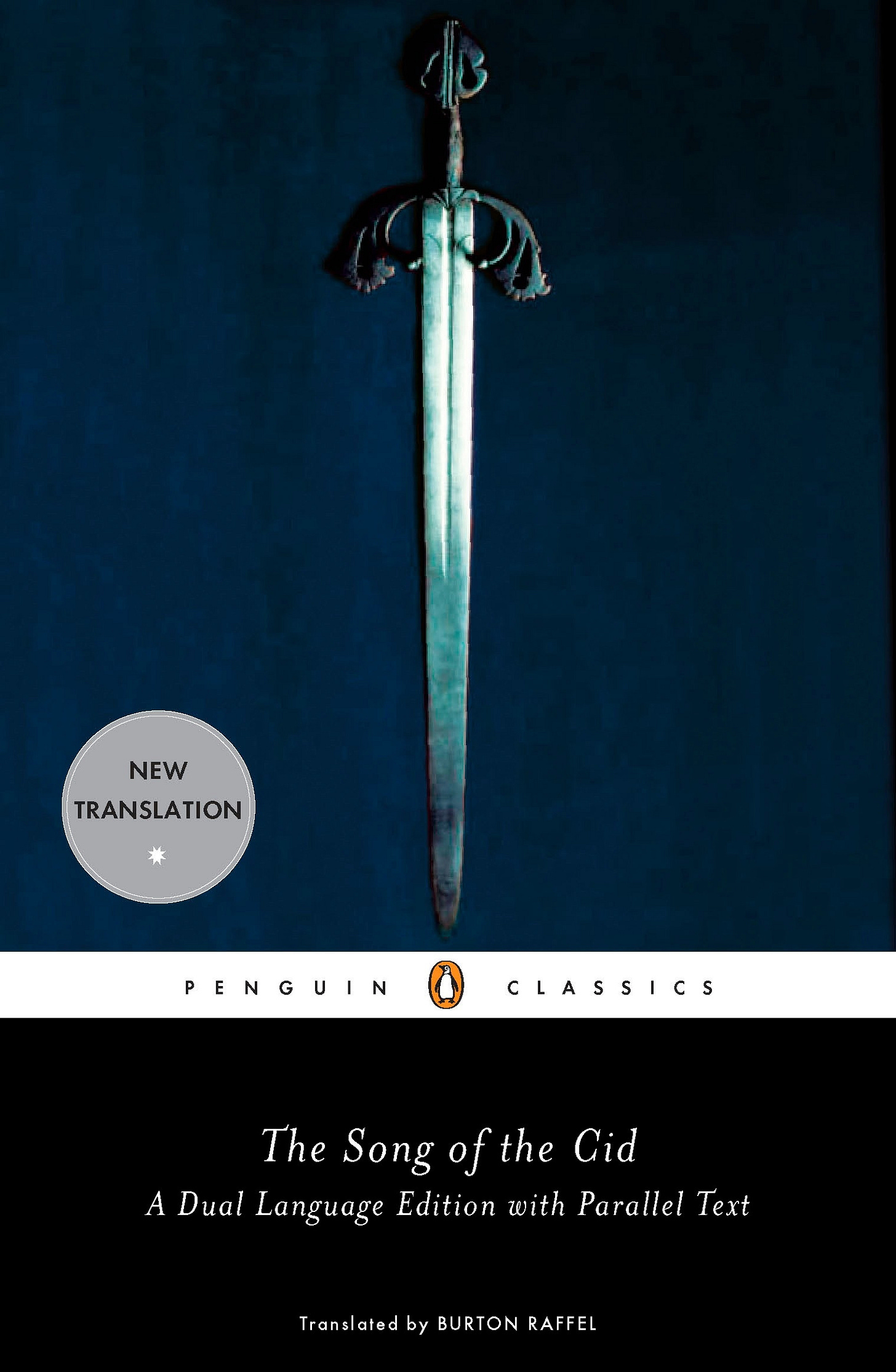As General Patton once noted, loyalty is not a one-way street, not something that is given only from servants to masters and soldiers to commanders. “There is a great deal of talk about loyalty from the bottom to the top,” he said. “Loyalty from the top down is even more necessary and much less prevalent. One of the most frequently noted characteristics…
Keep reading with a 7-day free trial
Subscribe to The Chivalry Guild Letters to keep reading this post and get 7 days of free access to the full post archives.




